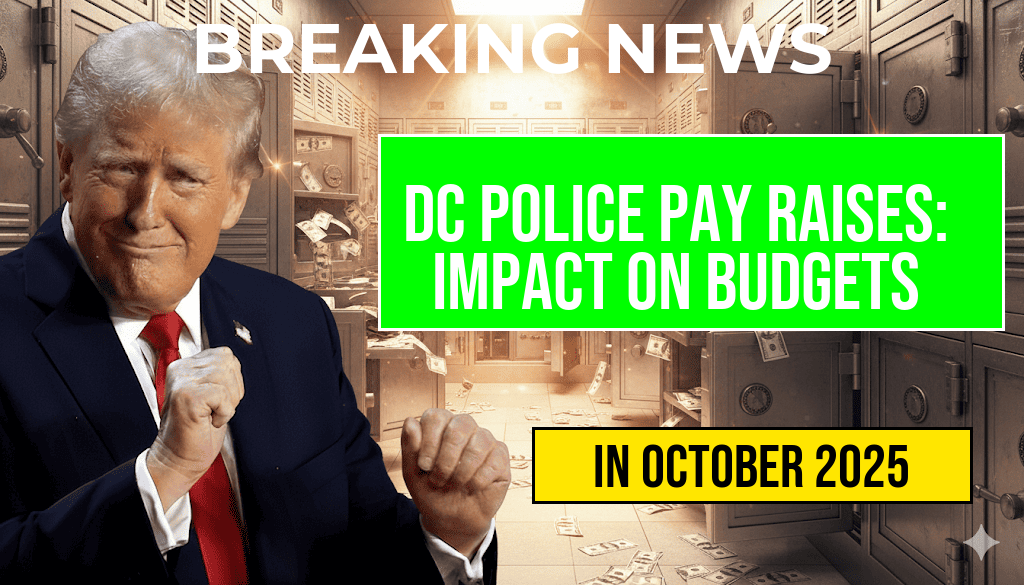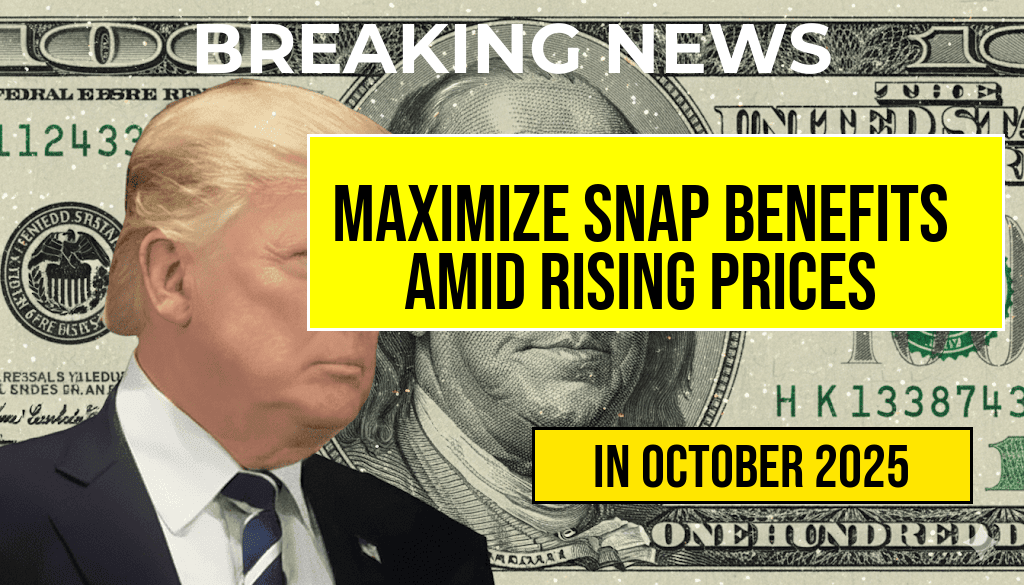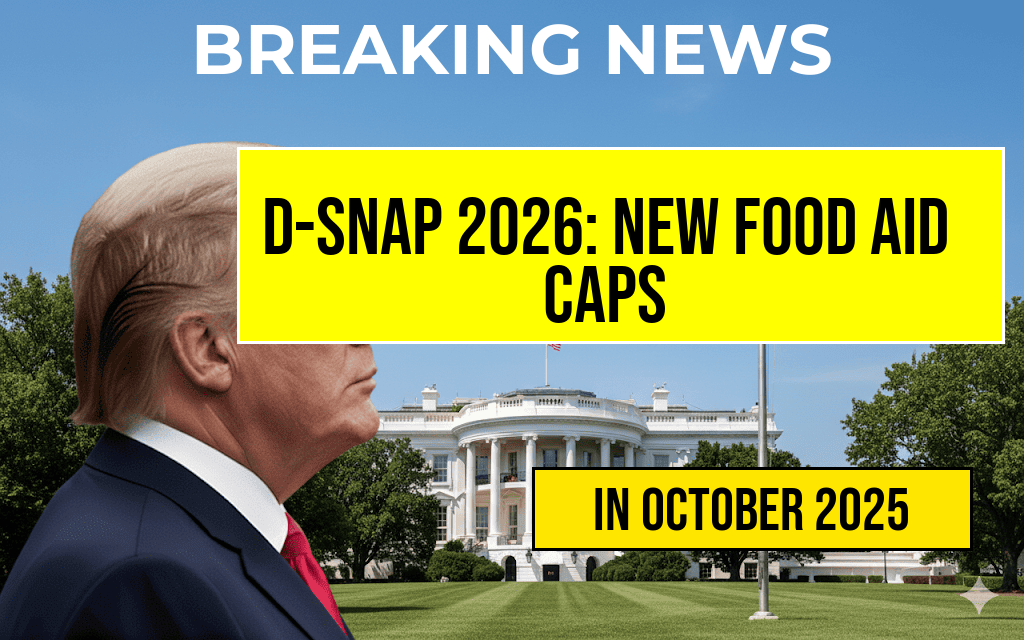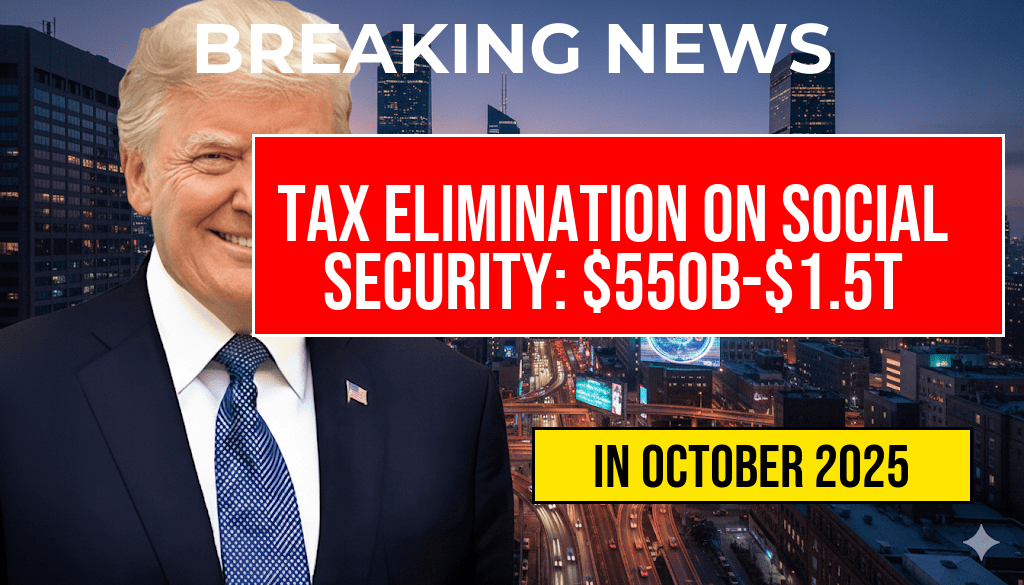The recent pay raises for police officers in Washington, D.C., have sparked considerable debate about their implications for both the salaries of law enforcement personnel and the city’s financial health. In a city grappling with rising crime rates and ongoing public safety concerns, the pay adjustments aim to retain qualified officers while addressing recruitment challenges. The D.C. Council approved a salary increase of 12% over the next two years, a move that is expected to elevate the starting salary for new recruits and increase compensation for existing officers. This decision has significant repercussions for the city’s budget, potentially reallocating funds from other services and intensifying discussions about fiscal responsibility and public safety priorities.
Details of the Pay Raise
The approved pay raise is part of a broader strategy to enhance the D.C. Metropolitan Police Department’s (MPD) ability to attract and retain qualified personnel. Under the new salary structure, the starting salary for police officers will rise to approximately $66,000, with experienced officers earning upwards of $100,000, depending on their rank and years of service. This initiative follows a nationwide trend of increasing police salaries in response to heightened scrutiny and demands for improved public safety.
Implications for Officers
For current officers, the pay raise represents a significant financial boon. Many officers have expressed concerns about compensation not keeping pace with the cost of living in the District. The raise not only rewards their service but also aims to improve morale and reduce turnover rates within the department. D.C. Police Chief Robert Contee emphasized that competitive salaries are essential for maintaining a well-staffed police force.
Officer Retention and Recruitment
- Improved salaries are expected to help retain experienced officers, reducing the high turnover rate.
- Recruitment incentives may attract a more diverse range of candidates to the police force.
- The increase aims to address the challenges posed by a national shortage of law enforcement personnel.
Budgetary Considerations
The financial implications of the pay raise extend beyond individual officers. The D.C. budget, which is already under pressure from various social services and public infrastructure needs, faces new challenges as it accommodates these increased salary expenditures. City officials estimate that the pay increases will require an additional $30 million in funding over the next two years. This funding is critical in balancing the needs of public safety with other essential services.
Potential Budgetary Adjustments
To accommodate the increased salaries, the D.C. Council may need to explore several options:
- Reallocating funds from other departments, potentially affecting public services such as education and housing.
- Increasing taxes or fees to generate additional revenue for the police budget.
- Advocating for federal or state funding to support law enforcement initiatives.
Public Response
The public reaction to the pay raise has been mixed. Supporters argue that adequately compensating police officers is essential for effective law enforcement and community safety. Critics, however, contend that the city should focus on addressing systemic issues within the police department rather than simply increasing salaries. Advocacy groups have highlighted the need for comprehensive reforms that include better training and accountability measures alongside financial incentives.
Community and Safety Concerns
As the district grapples with rising crime rates, many residents are advocating for enhanced police presence and effectiveness. The pay raise is seen by some as a necessary step toward achieving these goals. However, others worry that increased funding for the police could detract from investments in mental health services, youth programs, and community policing initiatives that address the root causes of crime.
Conclusion
The D.C. police pay raise presents a complex set of challenges and opportunities for the city. Balancing the need for a capable police force with fiscal responsibility will require careful planning and community engagement. As the city implements these changes, the ongoing dialogue about public safety, officer compensation, and budget priorities will play a crucial role in shaping the future of law enforcement in Washington, D.C.
For further information on police salaries and budget impacts, visit Wikipedia on Police Salaries or read more on Forbes.
Frequently Asked Questions
What are the recent changes in DC police pay?
The recent changes involve significant pay raises for DC police officers aimed at improving their salaries and retaining qualified personnel in the force.
How will the police pay raises affect the city budget?
The pay raises are expected to impact the city budget by increasing overall expenditures for public safety, potentially leading to budget reallocations in other areas of city services.
What is the rationale behind increasing officer salaries?
The rationale includes attracting and retaining skilled officers, addressing the rising cost of living, and ensuring fair compensation for the risks and responsibilities associated with police work.
Will the pay raises lead to improved policing in the community?
Proponents believe that higher officer salaries could lead to improved morale and performance, fostering better relationships between the police and the community.
Are there any concerns regarding the long-term sustainability of these pay raises?
Yes, there are concerns that the increased salary commitments may strain the city budget in the long term, especially if not matched by growth in revenue or if other essential services face cuts.








